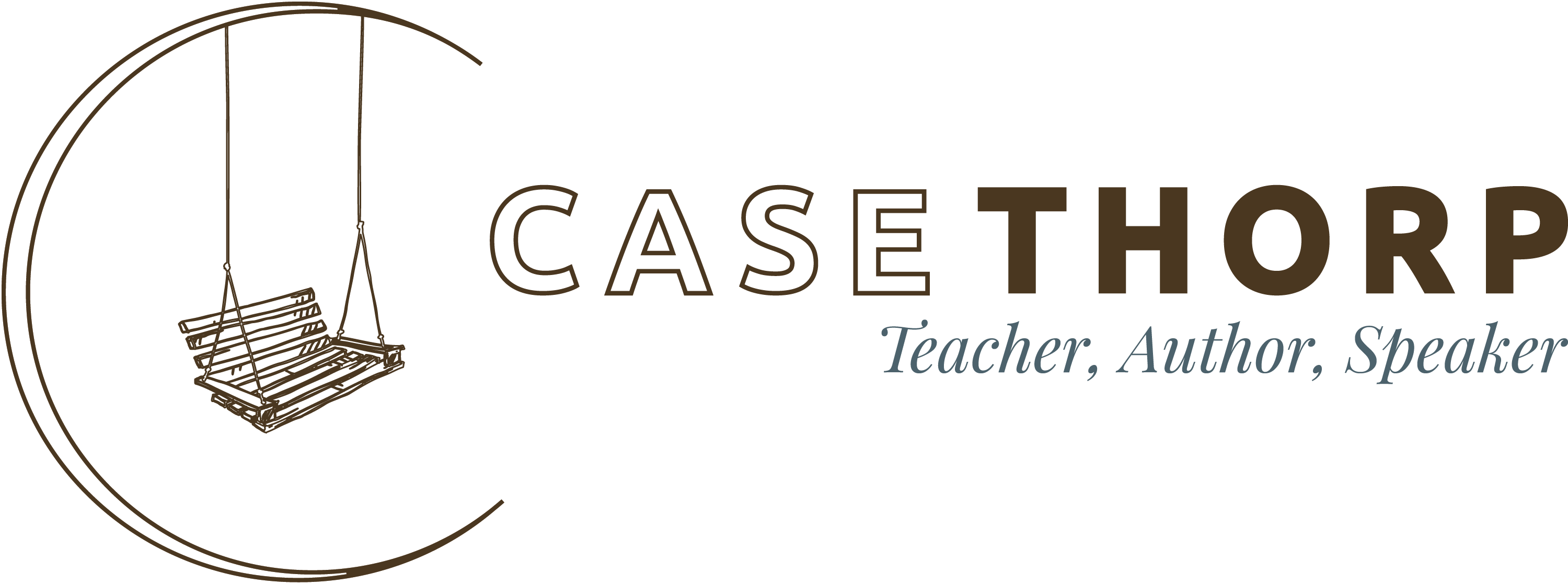Originally published on the Opinionators Blog of orlandosentinel.com on September 14, 2012.
As I was being fingerprinted for a background check in order to join my child on a school field trip, I was taken with how much business the background check company was doing. I asked, “Are most of your customers parents of school-aged children?” “Oh, no,” came the response. “Our largest customers are those that work for government followed by those in healthcare.” My, my, there is a growing market to make sure our past is clean.
Now, I totally get it; an institution needs to make sure its constituents are safe. I want to know as a parent that my child is protected from individuals who preyed on children at a former time, in another place. Our church practices are similar: no one works with anyone under 18 without a background clearance.
What did strike me, however, are the ways our pasts follow us, especially with the internet now recording even the most minor of offenses. How many of you reading this article can’t remember a moment (or many, many moments) in your youth that if recorded on the internet might compromise your next job interview? More than one’s youth, grown adults often exercise a different form of behavior in Vegas than at work or at grandma’s for Sunday dinner. With the internet, now, much of it doesn’t necessarily stay in Vegas.
My children have yet to begin social networking in spite ofthe children-oriented apps on my iPad that encourage them to do so (I have the social media elements turned off!). However, we have already begun to discuss in our family the fact that anything you ever post online, or that is posted about you online, will be there forever and ever and ever. I am purposefully trying to go overboard and warn them about internet postings before they get to a ‘posting age’ so that they’ll do so with a bit of caution, a great deal of care, and with consideration for others: their future dates, spouses, in-laws, bosses, and friends.
I have seen plenty of ways our society has developed tools to uncover our pasts (Google searches, background checks), and I know of emerging enterprises that will attempt to clean up your internet reputation.Yet, what I haven’t come across is a cultural conversation about redemption, forgiveness, or letting by-gones be by-gones.
Certainly, crimes need a record that follow you, and one’s reparation and redemption from that crime can be documented as well. But, what about those youthful pranks, those relationships gone bad, or those formerly held political or religious views which you’d like to go away as you have matured and moved on? Would the libertarian masters of the internet ever agree that perhaps every five years one’s social media history could be erased? Might Google create a search engine that allows you to go back and hit the delete button on that inappropriate picture, or poorly worded blog? What if there was a rule that at age 18, 25, and 40 you get a new internet identity?
As our culture careens headlong into the information age, I hope we will be as diligent to consider a person’s growth and maturity with the possibility of redemption and restoration, as we are at digging up dirt on one another.
